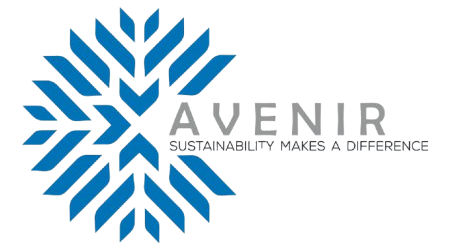As sustainability becomes central to corporate responsibility, Environmental, Social, and Governance (ESG) strategies are no longer optional—they’re essential. While many organizations focus on reducing emissions and improving energy efficiency, one often overlooked yet powerful component of an effective ESG strategy is industrial waste management.
Industrial waste, when handled correctly, can play a significant role in driving measurable ESG outcomes. It’s not just about disposal—it’s about resource recovery, risk reduction, and aligning operations with global sustainability goals.
Understanding ESG in Practice
Before diving into the role of waste, let’s briefly look at what ESG means:
-
Environmental: How a company impacts the planet—carbon emissions, waste, resource use, etc.
-
Social: How a company treats employees, communities, and customers.
-
Governance: How a company is managed, including ethics, compliance, and transparency.
Each pillar is interconnected, and effective waste management touches them all.
1. Environmental Impact: Reducing Waste, Emissions, and Resource Consumptio
Proper industrial waste management significantly reduces environmental harm. Here’s how:
-
Recycling and reuse of industrial byproducts minimize landfill use and reduce demand for virgin materials.
-
Waste-to-energy solutions convert waste into usable energy, decreasing reliance on fossil fuels.
-
Hazardous waste treatment prevents soil, air, and water contamination, aligning with regulatory standards.
By reducing emissions and preserving resources, businesses directly contribute to their environmental ESG metrics.
2. Social Responsibility: Protecting People and Communities
Industrial waste, if mismanaged, can be dangerous. Safe handling, storage, and treatment demonstrate a company’s commitment to:
-
Worker safety by minimizing exposure to harmful substances.
-
Community well-being by preventing pollution and ensuring environmental justice.
-
Transparency and trust by engaging with stakeholders and communicating environmental efforts clearly.
Social responsibility is reinforced when businesses make waste management a priority, especially in industries with a high environmental footprint.
3. Governance: Compliance, Reporting, and Risk Mitigation
Strong governance means having systems in place to ensure accountability and compliance. Effective waste management supports governance goals by:
-
Reducing legal and financial risk through compliance with environmental regulations.
-
Improving ESG reporting with measurable waste reduction data and circular economy initiatives.
-
Enhancing corporate ethics by aligning waste practices with global sustainability standards.
By integrating waste metrics into ESG reporting, companies can provide concrete evidence of their commitment to ethical and sustainable operations.
4. Waste as an Opportunity: From Cost Center to Value Creator
Forward-thinking companies are now seeing industrial waste not just as a cost, but as a resource. Through:
-
Material recovery and reuse
-
Partnering with recycling or circular economy providers
-
Innovating with zero-waste strategies
…industrial waste becomes a driver of innovation and even revenue. This transition from waste management to resource optimization supports long-term ESG goals and strengthens business resilience.
Conclusion: A Smarter ESG Strategy Starts with Smarter Waste Management
If your organization is serious about ESG, it’s time to rethink how you handle industrial waste. It’s more than compliance—it’s an opportunity to reduce impact, protect people, and build transparent, future-ready systems. By aligning waste practices with ESG principles, companies not only meet stakeholder expectations—they lead by example in building a more sustainable industrial future.

